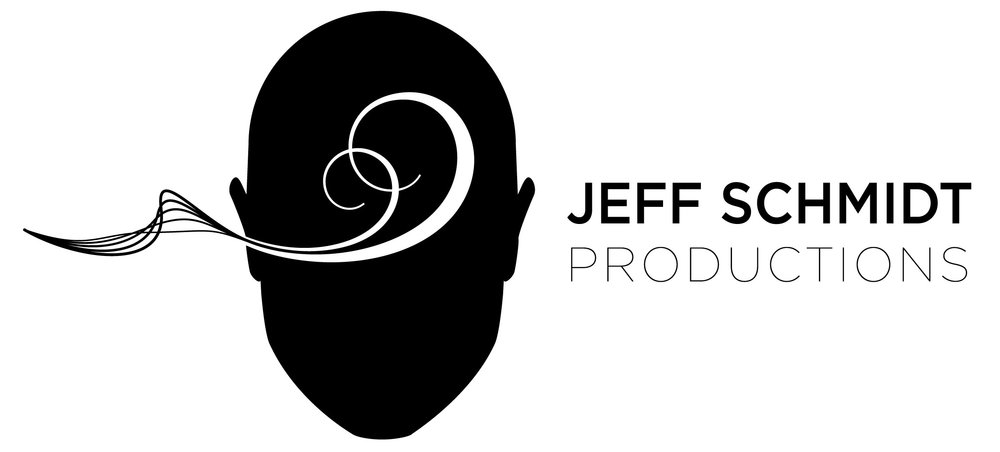The inspiration for this article came from listening to an audio fiction producer's webinar. I was surprised to hear them say, "most of the sound designers they've worked with don't read the scripts ahead of time; they don’t want to."
I thought this had to be a mistake. That hasn’t been my approach at all — I’ve always read the scripts.
Since designing my first narrative podcast story, "Inside Psycho," I have studied every script from beginning to end. Doing so enabled me to search out all the audio elements I needed to craft to bring the story to life. I could also identify the character arcs, emotional journeys, and critical tension points.
It was clear that my success as a sound designer depended on more than just creating a list of sound cues I’d need to design for the story. It also hinged on how well I understood the underlying story and how well the script communicated it.
That's when I got interested in how stories were crafted. Since then, I've spent a lot of time reading books, articles, talks/webinars, screenplays, and interviews about story craft, writing, directing, and cinematography. Recently, I have been writing my own projects. More on that another time.
Through my ongoing process of learning about story-telling while also designing audio for a LOT of stories, I started being able to notice problem areas in scripts. There were mostly communication and story issues, but also issues where “sound” could have been used to better effect. In the past, I’d noticed these issues too late in the process.
The typical workflow in my world at that time was simple. I was given a completed dialogue edit and a script simultaneously, with the expectation that I'd start designing immediately and get a mix back as soon as possible.
Now, the built-in assumption with this approach (which took me years to finally realize was false) is that this "story" I received to work on is “ready for post-production.”
I'd often discover parts of the story didn't work while trying to design them. Since there was no feedback mechanism or workflow to address this, I had to "design through" these broken story bits. Then I’d submit the mix and wait for producer "notes" in an attempt to fix it. As you can imagine, it always came back to haunt with often onerous rewrites and restructuring. These were the changes that were best and most efficiently made on the page, or at least in reviewing the dialogue edit rather than after the episode had gone through the sound design phase. Of course, this can happen to even the best-planned project. But those situations are exceptions rather than the rule.
Am I writing an audio-drama, or coding ransom-ware? Only mid-journey knows for sure.
When I focused more on audio fiction, I changed how I worked. First, I request to see scripts up front, often even before committing to a project. I’m often made aware of the story without the script - but the script tells me HOW the story will be told. That’s important to me. It also helps me understand how ready the script is to go into production. Second, after I’ve read the script and made notes, I need to meet with the writer/director/creative lead to go through it, page by page, scene by scene. I want to be able to ask questions, talk about the story and script to gain a deeper understanding, and, if needed, make suggestions. In 90% of the cases where I could use this process, it helped improve the project. Not always, but most of the time.
Of course, not every project lends itself to this workflow precisely. And not every project wants that level of involvement from the sound designer. That’s fine. But that's how I've chosen to work because I believe it results in better outcomes for me and the whole project.
All this is a long way of saying - yes, I’ll read your script.
In fact, I insist.

